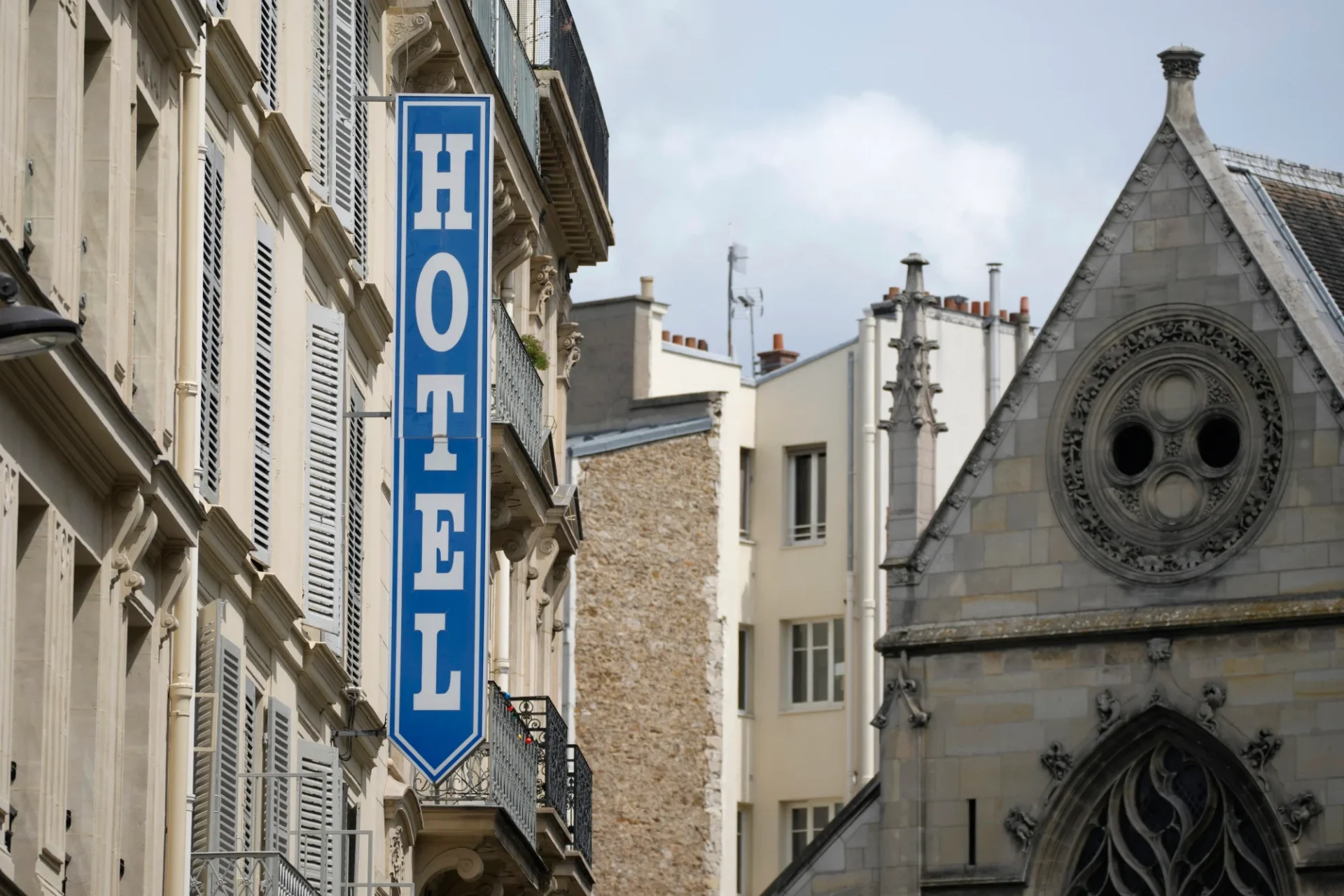Paris hoteliers are expressing significant displeasure over a recent proposal by the French government to substantially increase the tourist tax in anticipation of the 2024 Olympic Games. This plan, set to be implemented as part of the government’s 2024 budget, suggests a 200% hike in the tourist tax rate, a move that has sparked concern and frustration among hotel and restaurant unions.
Currently, the tourist tax in Paris varies from €0.25 per night for basic accommodations to €5 per night for luxury establishments. However, the proposed increase would substantially raise these rates, leading to a considerable hike in the overall tax collected annually. Industry representatives from the UMIH hotel and restaurant union and the GNC group of hotel chains have criticized the decision, arguing that it could negatively affect the competitiveness of the sector and tarnish France’s image, especially in light of the upcoming Olympics.
The government has justified this increase by stating that the additional revenue will be used to fund public transport improvements. However, the hospitality sector’s syndicates argue that the projected tax collection would exceed the purported need of €200 million stated by the government and the regional transport authority, potentially reaching up to €423 million annually.
Catherine Querard, president of GHR, another union representing the hospitality and catering sector, has highlighted the contradiction in the government’s approach. While there is concern about potential price hikes in hotel rates during the Olympics, the significant increase in tax rates could ironically lead to the same outcome. Hoteliers have already begun adjusting their prices for the Olympic period, which is set to take place from July 26 to August 11, 2024.
In an attempt to pass its 2024 budget swiftly, President Emmanuel Macron’s government plans to invoke article 49.3 of the French constitution, allowing the budget to pass without a parliamentary vote. This approach, previously used for the contentious pension reform, has been a subject of debate and protest. The move to raise tourist taxes is part of a broader controversy, including the regional transport authority’s decision to nearly double metro fares for single tickets and 10-ticket passes during the Olympic Games. This series of developments is being closely monitored by the hospitality industry and the public, as it may significantly impact the dynamics of tourism and hospitality in Paris during this major international event.
READ MORE:
